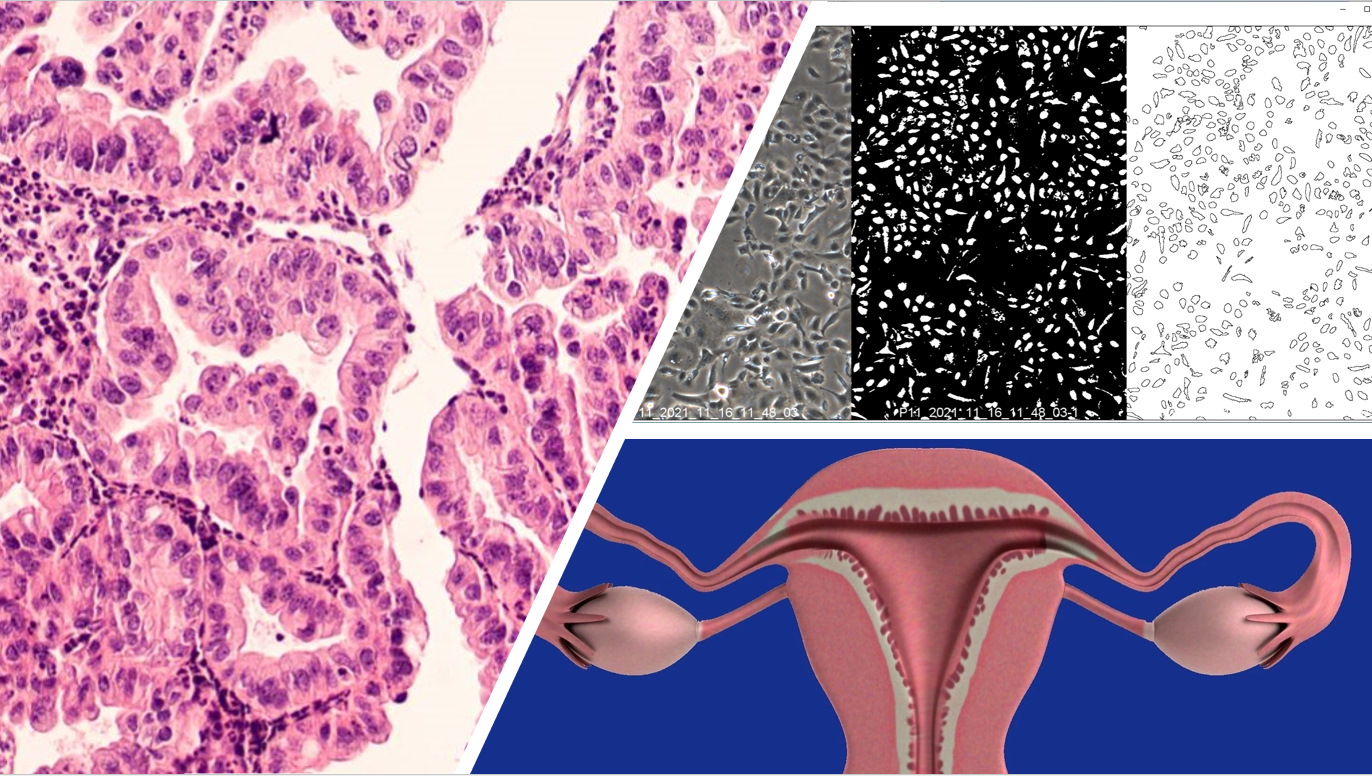Check out on this article
https://www.mdpi.com/2072-6694/12/5/1175
Recreating in vitro conditions similar to those in the body of a patient with ovarian cancer is difficult: in culture, cancer cells change morphology and behavior, which makes tests aimed at verifying the effectiveness of chemotherapy drugs unreliable.
To try to overcome this problem, under the POR FESR “Tecnologie Innovative per la Chemioterapia Personalizzata” the company I.R.S., as project leader, IRCCS Burlo Garofolo of Trieste, as project designers and drivers, the CRO of AVIANO, the Department of Life Sciences of the University of Trieste, the Pathology Anatomy of the Department of Medical, Surgical and Health Sciences, and the Oncology Social Center, OSARF, of the Azienda Sanitaria Universitaria Giuliano Isontina, and Alphagenics Biotech, as partners, have initiated a joint study aimed at identifying the best culture conditions for ovarian cancer cells, with an ambitious long-term goal: to establish a personalized treatment protocol for each patient (www. tichep.com).
The first results of the study, published in the journal Cancers [https://www.mdpi.com/2072-6694/12/5/1175], define the importance of using a hyaluronic acid-based extracellular matrix, which makes the culture conditions very similar to those in the patients’ bodies. Working in this way, the researchers confirmed the correspondence between the in vitro reactions of cancer cells toward the chemotherapeutic drug cisplatin, and the in vivo response of patients subjected to the same drug, the first tested in this research.
“Ovarian cancer is also called the ‘silent killer,’ because it generally does not give obvious symptoms except in advanced stages,” explains Giuseppe Ricci, director of the complex structure, obstetrics and gynecology clinic at the Burlo Garofolo in Trieste and University of Trieste. “For several years, here at Burlo Garofolo, we have been investing heavily in interdisciplinary research with various research groups from IRCCS and the University, precisely to develop novel approaches that can increase the success rates of treatments. Every year we have about 25-30 new patients with ovarian cancer who need targeted treatments.”

